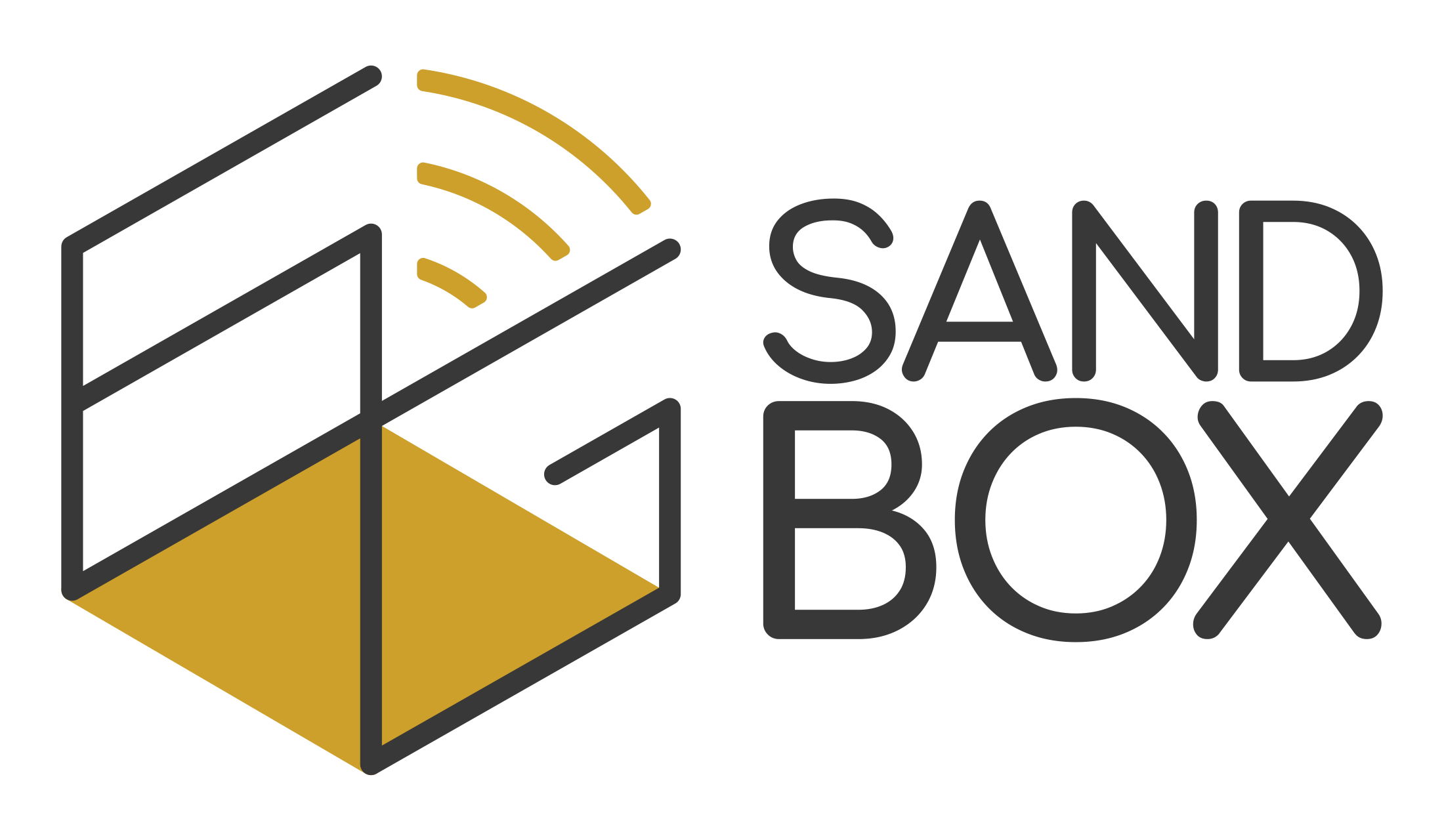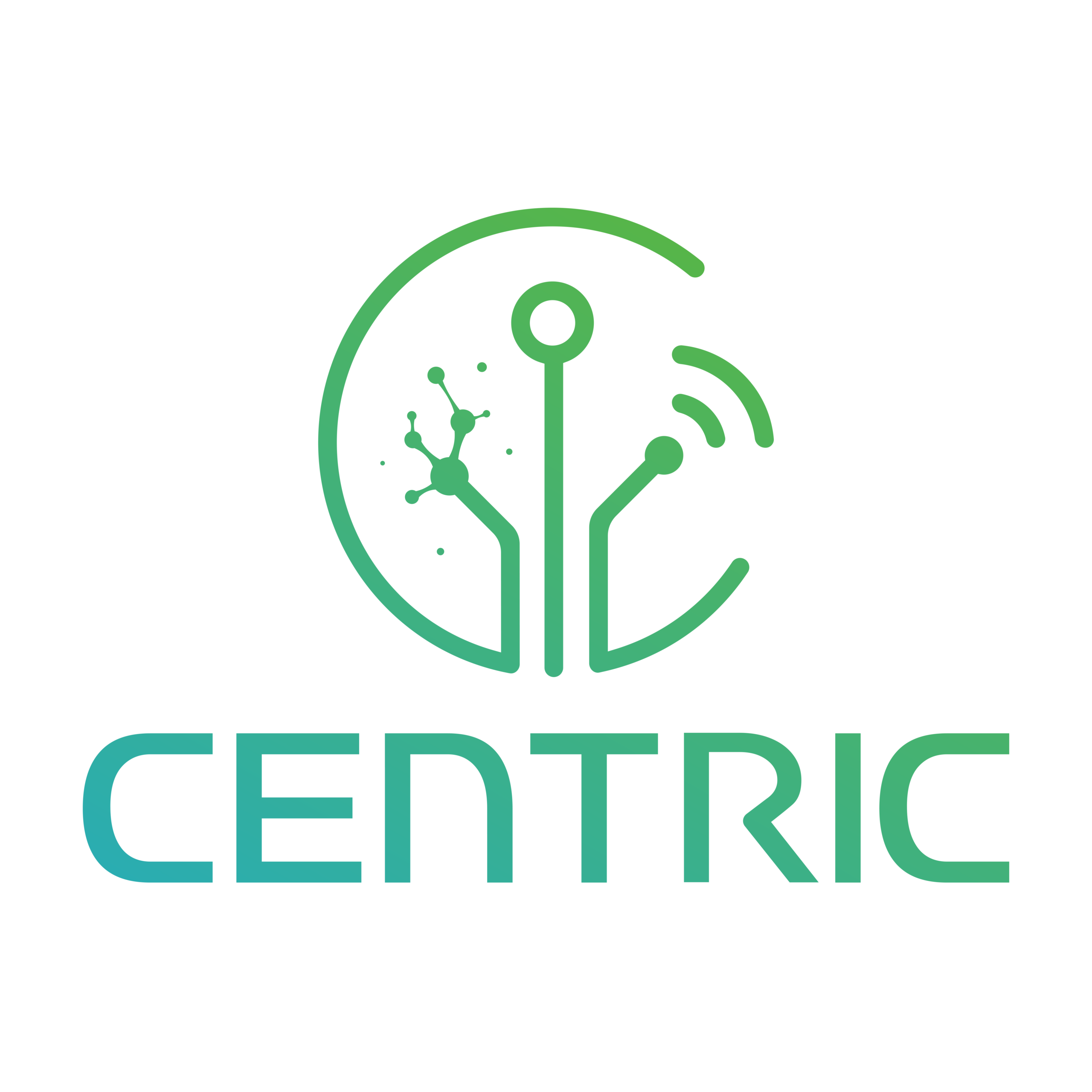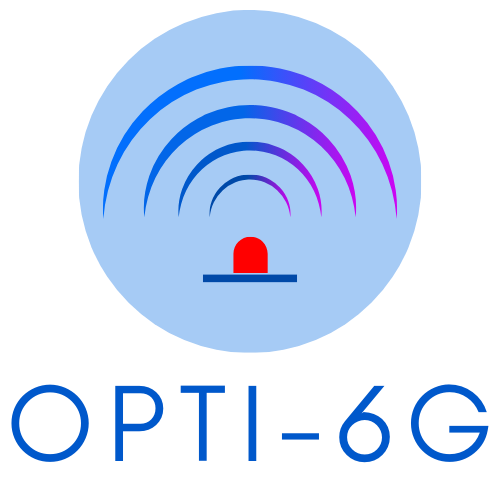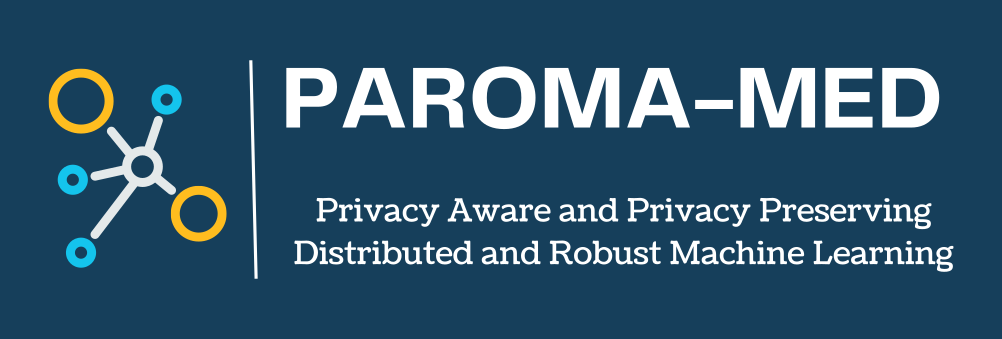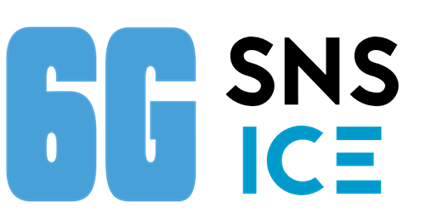The 6G-SANDBOX project brings a complete and modular facility for the European experimentation ecosystem (inline and under the directions set by SNS JU), which is expected to support for the next decade technology and research validation processes needed in the pathway towards 6G. The target is at technologies and research advances, that span over the entire service provisioning chain, and refer to user/data, control and management planes. In this direction, 6GSANDBOX introduces the concept of Trial Networks, which refers to fully configurable, manageable and controlled end-to-end networks, composed of both digital and physical nodes. The 6G-SANDBOX Trial Networks incorporate infrastructures distributed in EU (namely in Malaga, Athens, Berlin and Oulu) and offer to third parties (including experimenters from open calls) automated experimentation capabilities through a rich and extensible toolbox. Meant to create tangible and long-term impact, the 6G KPIs and KVIs that will be quantified with the facility, will be released to any interested party; while the set of developments and APIs that will be produced, will feed an open repository as an initial step to move the contributions and the lessons learned beyond the project boarders and define a European 6G library.
CENTRIC
CENTRIC proposes to leverage Artificial Intelligence (AI) techniques through a top-down, modular approach to wireless connectivity that puts the users’ communication needs and environmental constraints at the center of the network stack design. It all starts with the users’ objectives and application-specific requirements. Then, AI techniques are used to create and customize tailor-made waveforms, transceivers, signaling, protocols and RRM procedures to support these requirements. This is the user-centric AI Air Interface (AI-AI) that CENTRIC will enable. To guarantee that CENTRIC’s AI-AI can be implemented in practice, we will also explore and develop innovative hardware computing substrates with realistic and AI-AI-compatible energy-efficiency properties. This includes novel electronics such as neuromorphic computing and mixed analog-digital platforms. CENTRIC will make this possible by advancing theory, algorithms, hardware co-design, and training and monitoring environments based on digital twins. We will focus on providing the desired quality of experience (QoE) to a given user, or type of users, while optimizing spectrum usage, minimizing energy consumption and guaranteeing EMF compliance. The results of CENTRIC will be validated and demonstrated in laboratory prototypes and its breakthroughs will enable future 6G use-cases, such as self-driving vehicles, the internet of nano bio-things, or multi-sensory holographic communications.
INPACE
Indo-Pacific European Hub for Digital Partnerships (INPACE) is a Coordination and Support Action Project funded by the European Commission’s Horizon Europe Programme starting January 2024 and running until June 2027.
The mission of the INPACE project is to translate these high-level partnerships into concrete outcomes and tangible collaborations. By tackling joint priorities from the EU and its strategic Asian partners, the INPACE project aims to create a more inclusive, sustainable, and prosperous digital future for both regions.
Powered by a consortium of 21 European and Asian partners, the project establishes a multi-stakeholder Hub for collaboration in digital technologies between Europe and the Indo-Pacific region and fosters long-term cooperation in key digital technologies by bringing together experts and stakeholders from both regions.
EURESCOM will lead cluster 5 on Digital Technologies – Future Networks, as well as act as a main proxy for the Japan experts due to our engagement in previous collaboration activities, such as the ESA-NICT collaboration.
OPTI-6G
The OPTI-6G project develops a photonic near infrared (IR) cell-free 5G network, which does not suffer from interference because of the propagation characteristics of electro-magnetic waves in this part of the spectrum and provides universal broadband coverage within buildings from pervasively located optical wireless communication (OWC) access points.
The benefits of applying cell-free near IR networks in buildings are (1) multi-connectivity can be configured with cell-free network thereby improving link quality and reliability; (2) there is no longer the need for building owners to subdivide their non-public mobile in-building network into cellular areas; (3) building owners no longer need to seek to acquire frequency licence or ensure alignment with spectrum usage in the area since the system operates at the optical unlicensed bands; (4) interference between inside and outside access is managed by an artificial intelligence (AI) based distributed scheduler; (5) position and orientation of end user equipment can be measured very accurately.
OPTI-6G brings together a select multi-disciplinary team of research institutions and industries in a collaborative project to develop and demonstrate this vision. OPTI-6G will (i) Develop and showcase a proof of concept demonstrator at OLEDCOMM and RunEL; (ii) Verify position and orientation measurement precision improvement of end user equipment at University of Versailles Saint-Quentin-en-Yvelines and at Brunel University London.
PAROMA-MED
PAROMA-MED will develop, validate and evaluate a platform – based hybrid-cloud delivery framework for privacy and security- assured services and applications in federative cross-border environments. To this purpose, the project will develop new architectures, technologies, tools and services to support:
– automatic attestation of federation partners
– privacy- and security – by-design, integrating standard compliance and performance / QoS requirements into a policy framework
– consumers with their rights for opt-in / opt-out consent, portability and right to be forgotten requests, as well as transparency in access to their private-data.
– federative Identity and Access Management, based on Zero Trust principles, continuous risk assessment and on confidentiality, integrity and authenticity insurance
– privacy-preserving and trusted data – storage and – processing in federative environments
– flexible and secure access over the Internet to private-data and service resources
– AI / ML by-design, integrating platform services to be used by application developers for data-intensive applications
– Zero Touch deployment and automatic life-cycle management of services and applications
– managed Privacy and Security operations for automated policy enforcement and cyberthreat detection and mitigation
Efficiency and scalability will be ensured by the implementation of cloud-native solutions, while future adoption and further development is insured by open-source implementations. The project will validate and evaluate the PAROMA-MED framework by developing of a comprehensive Use Case with real users in the Healthcare sector. The project will create impact on the application- creation and delivery ecosystem (including standardization and legal stakeholders), on society and environment and manage the impact via dedicated activities and communication channels.
SUSTAIN-6G
SUSTAIN-6G, as a Lighthouse Project within the European Smart Networks and Services Joint Undertaking (SNS JU), is focused on promoting holistic sustainability in 6G systems by addressing six key objectives. The project aims to understand the 6G technology landscape, create an inventory of state-of-the-art approaches and technologies, and identify sustainability needs and indicators.
It seeks to define and assess sustainability goals, enhance the integration of 6G with vertical use cases (UCs) to reduce environmental impact and develop a Sustainability Management Plan (SMP) for sustainable network operations. Additionally, the project will validate and demonstrate the sustainability of 6G technologies and deliver guidelines and a strategic roadmap for 6G development.
SNS CO-OP
The SNS CO-OP project is devoted to supporting and facilitating the activities of the SNS Initiative under the Smart Networks and Services Joint Undertaking (SNS JU).
The SNS CO-OP project will achieve this by orchestrating and organising strategic activities, in collaboration with the SNS JU Office and the 6G Industry Association, to capture and promote the European Industry view on 6G, the achievements of the 6G SNS initiative and projects, and to promote the ambitions of the SNS JU.
The SNS CO-OP project will build on the strengths and assets of the platforms and communities, established through the SNS OPS and SNS ICE work, to stimulate and align complementary activities across the wider community of 6G SNS stakeholders. SNS Co-Op will also ensure the long-term continuity of the SNS facilities for subsequent phases of the SNS JU. In addition, the SNS CO-OP project will provide support for the EUCNC & 6G Summit events in 2025 and 2026 building on the 6GStart achievements and experience.
SNS ICE
The project will create a collaborative environment for European and global stakeholders involved in the preparation of 6G smart networks and services. It will be the instrument to present, leverage, and position the SNS JU activities and achievements in major European and global fora. The project will work at a global level with other regions, where 6G activities are planned and ongoing. This will create an environment to promote SNS JU results and achievements, and exchange trends and ideas to achieve global consensus. Key standardization activities will be also monitored, and main roadmaps and trends will be communicated back to the SNS JU projects.
The project will also establish dialogues at a European level between peer Horizon Europe Partnerships, national initiatives, research and development clusters, etc., targeting the exchange of information, plans and priorities. This will enable a better understanding of the European activities among the involved stakeholders and will potentially enable a better alignment of their plans.
Additionally, SNS ICE will also be engaged in dialogues with key vertical industries through well-established associations, to identify their requirements and promote the SNS JU solutions to them. This exchange of ideas will create opportunities for tailor-cut 6G solutions and their early adoption by the vertical industries.
All these activities are expected to contribute significantly to securing Europe’s leading role in the definition, provision, and exploitation of 6G solutions.
SNS ICE is planning to organize dedicated workshops with the abovementioned groups of stakeholders at main international events, most notably Techritory and EuCNC. It will also provide several presentations at international and European conferences and events. The outcomes of these results will be communicated to the SNS JU community assisting the research and innovation activities to be fully aware of the global 6G progress.
SNS OPS
Supporting the operations of the 6G Smart Networks and Services Joint Undertaking.
The SNS OPS project is devoted to supporting the SNS JU Operations. The planned work is to facilitate the activities
of the European SNS Initiative, as outlined in the SNS contractual partnership.
This includes:
• Support for the Smart Networks Services (SNS) institutionalised European partnership and the related programmatic
organisation through cross SNS projects coordination.
• Organisation of the SNS as a coherent programme with clear links to the 6G Infrastructure Association and the EC via
the partnership board and the JU Office and their strategic policies.
• Maximised output and exploitation of SNS project results in key domains (e.g., standardisation, spectrum) through
managed cooperation between projects on horizontal issues.
• Inter JU coordination and joint actions.
The SNS OPS project will also orchestrate and organise strategic activities to capture and promote the European view
on 6G, the achievements of the 6G SNS and will start the process of monitoring the development and impact of these
results on the evolution of 6G in Europe over the period of life of the 6G SNS initiative.
This work will also look to the future and consider what additional actions are necessary to maintain the European
momentum and leadership in 6G and facilitate the uptake of 6G by the European vertical sectors.
During the life of the SNS OPS project, the SNS JU will be launching and expanding its first phase activities and
preparing for subsequent phases.
6GStart
The 6GStart prime objective is to facilitate the preparation activities of the European SNS Initiative, which will be contractually established in Q4 2021. This work will maintain the European momentum and leadership in 5G achieved through the 5G PPP to the 6G SNS Initiative. When the first phase of projects under the SNS initiative starts (end 2022/early 2023), the inter-project collaboration structures and mechanisms will be established and in place. As such, the action will ensure early implementation of the new SNS institutionalised European partnership and the programmatic organisation across SNS project’s coordination.
The second major 6GStart objective is to orchestrate, capture and promote the achievements of the new 6G SNS initiative and the ongoing 5G PPP by facilitating its activities in the inter-project working groups and maintaining the links to the NetworldEurope community and the 5G IA membership.
The 6GStart project will provide programme coordination, shared information spaces and increased stakeholder involvement by building on the strengths and assets of the platforms and communities established through the ongoing 5G PPP work. In this way, it will bring active communications network technologies and systems players, and novel relevant sector players into the new Smart Networks and Services Joint Undertaking (SNS JU) thereby allowing 6GStart to build on the work done to date to give Europe a leading role in the definition, provision, and exploitation of 6G by 2030.
